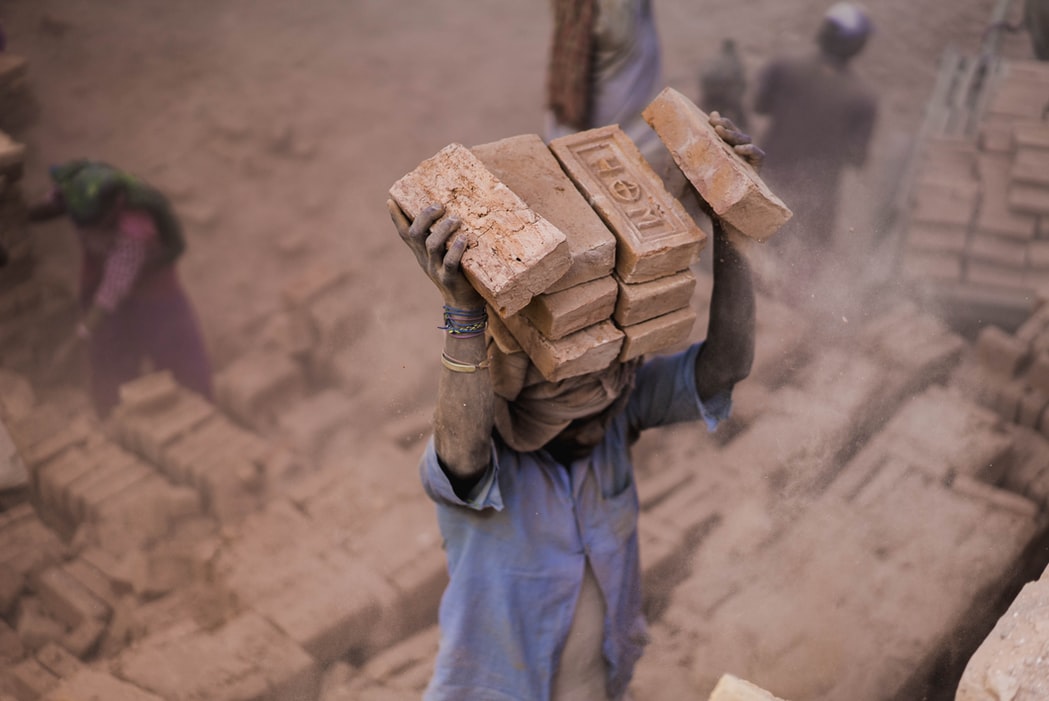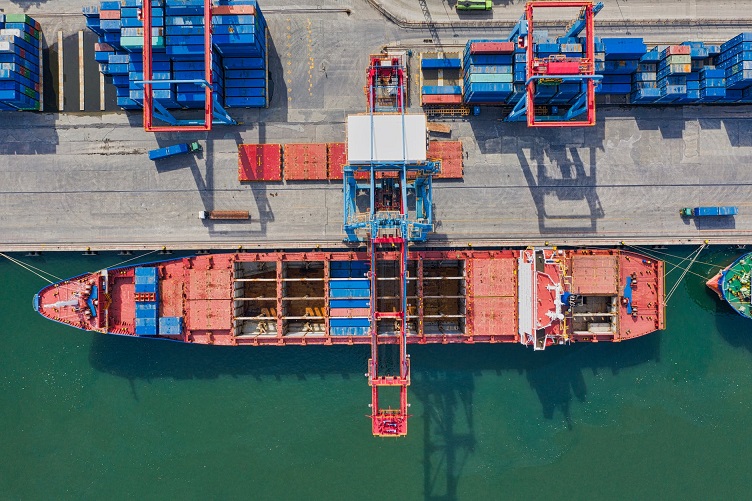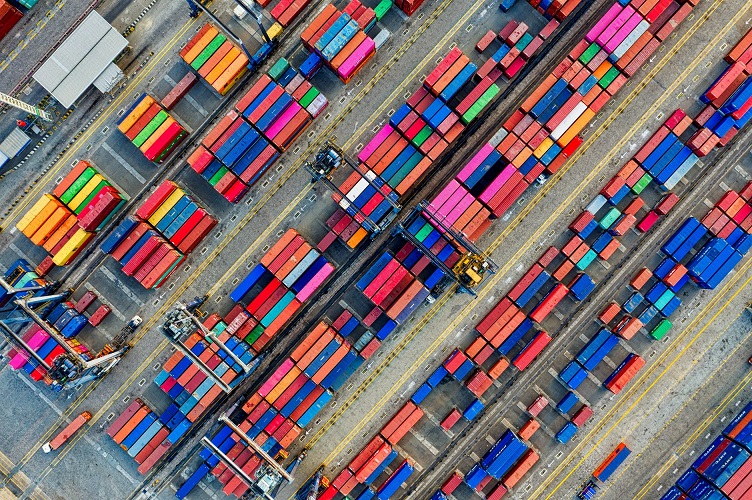Once the nationwide lockdown is eased, initial supply chain disruptions might impart cost push inflation while on the other hand, lack of demand (except for the essentials) due to lost income would force the aggregate price level to stay low.

The Policy Monitor

Once the nationwide lockdown is eased, initial supply chain disruptions might impart cost push inflation while on the other hand, lack of demand (except for the essentials) due to lost income would force the aggregate price level to stay low.

More than 90% of India’s labour-force is employed in the informal sector, with limited social security benefits. This informalisation of labour-force does more harm than good and has serious repercussions on a nation’s growth patterns. Two basic policy interventions to improve existing labour conditions in developing countries are: a) increasing […]

An analysis suggests that handing out ₹7000 per month for a period of 3-months combined with 10 KG of free food grains a month for 6-months will come to cost only 3% of our GDP! This would classify as “stimulus” as it revives demand, even though for basic goods and services from those whose propensity to save is minimal. Keynes suggested, during World War II, that the only way to fund the war expenses of the Allied forces was through a “forced transference of purchasing power”.

Reality bites when low government/low-income schools try to keep pace with online education despite inadequate access to the internet, mobile phone, and computers. They are already struggling to survive on basic food and shelter with learning as no longer a priority.

Wage determination, therefore, becomes less and less a function of demand and supply and more and more a function of class power. If we take the regular demand-supply framework into consideration, we realise that the present pandemic not only causes a negative shock on the aggregate demand levels but also the aggregate supply levels

This pandemic has exposed the inherent weaknesses of state functioning and questioned the very structure on which modern economies have been thriving.

The costs of attending work for everyone would be the possibility of becoming a vector of transmission of virus but if the societal benefits of certain employees exceed their costs, adjusted wage payments should be made accordingly

The medium-term impact of the pandemic on international trade and the degree of efficacy of anti-free trade measures depends on the ability of the domestic producers and service providers to scale up operations

The evidence and stories about the humanitarian crisis coming from various parts of the country are dire According to the report of Stranded Workers Action Network (SWAN), a group of volunteers conducting relief works for the stranded workers across the country, 72% of the workers who have contacted them have food ration left for only two days.

The lockdown has further demonstrated that the governance structures of democracy quite often legitimise use of violence against poor. Therefore, the ever-migrating cohorts of Indian citizens are now reduced to migrant labourers stuck in different cities without having even work or food supplies.